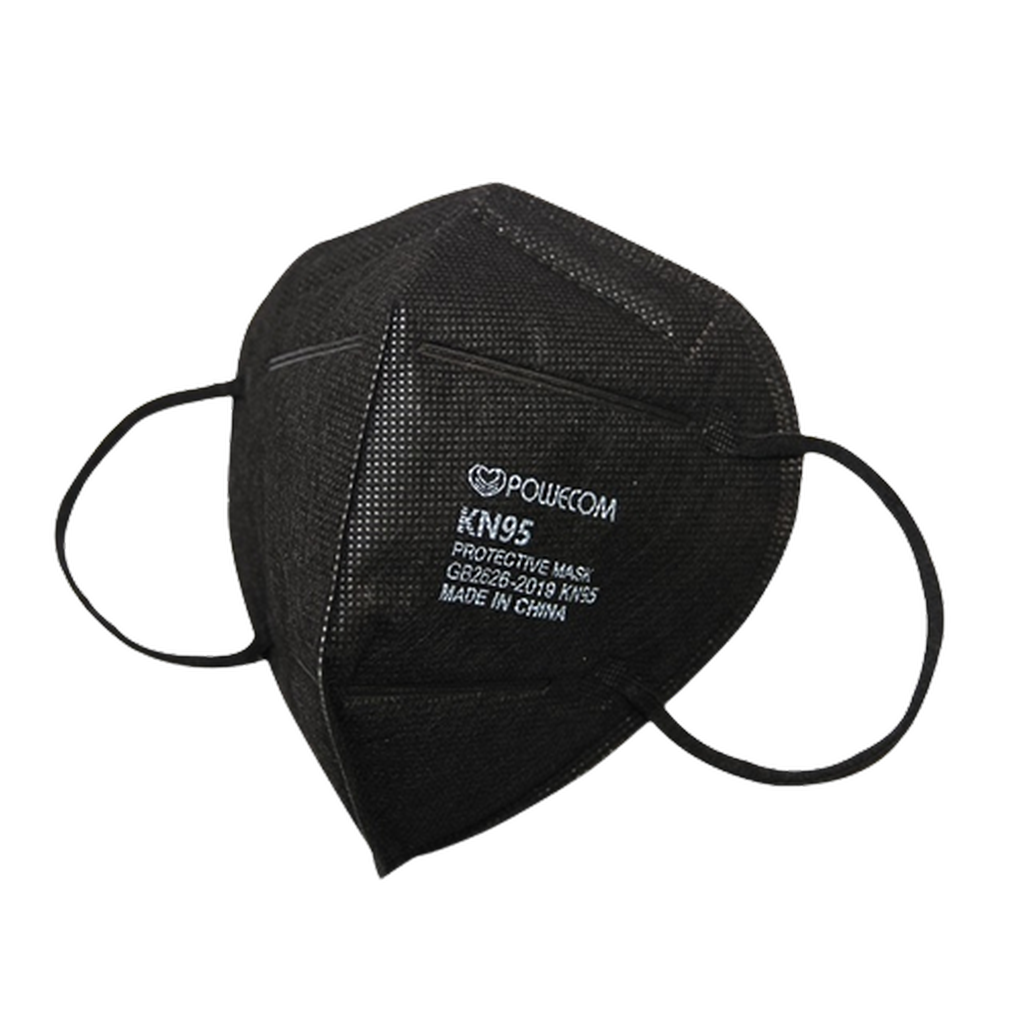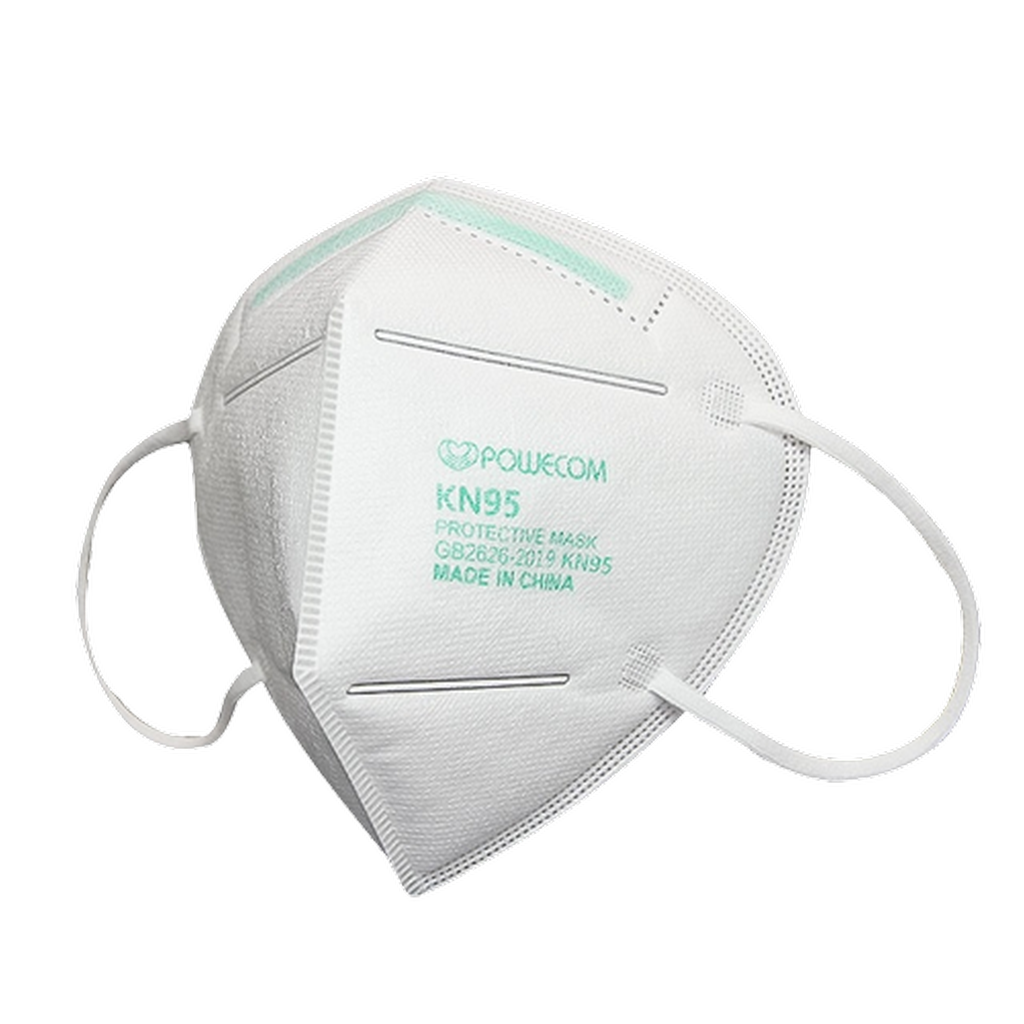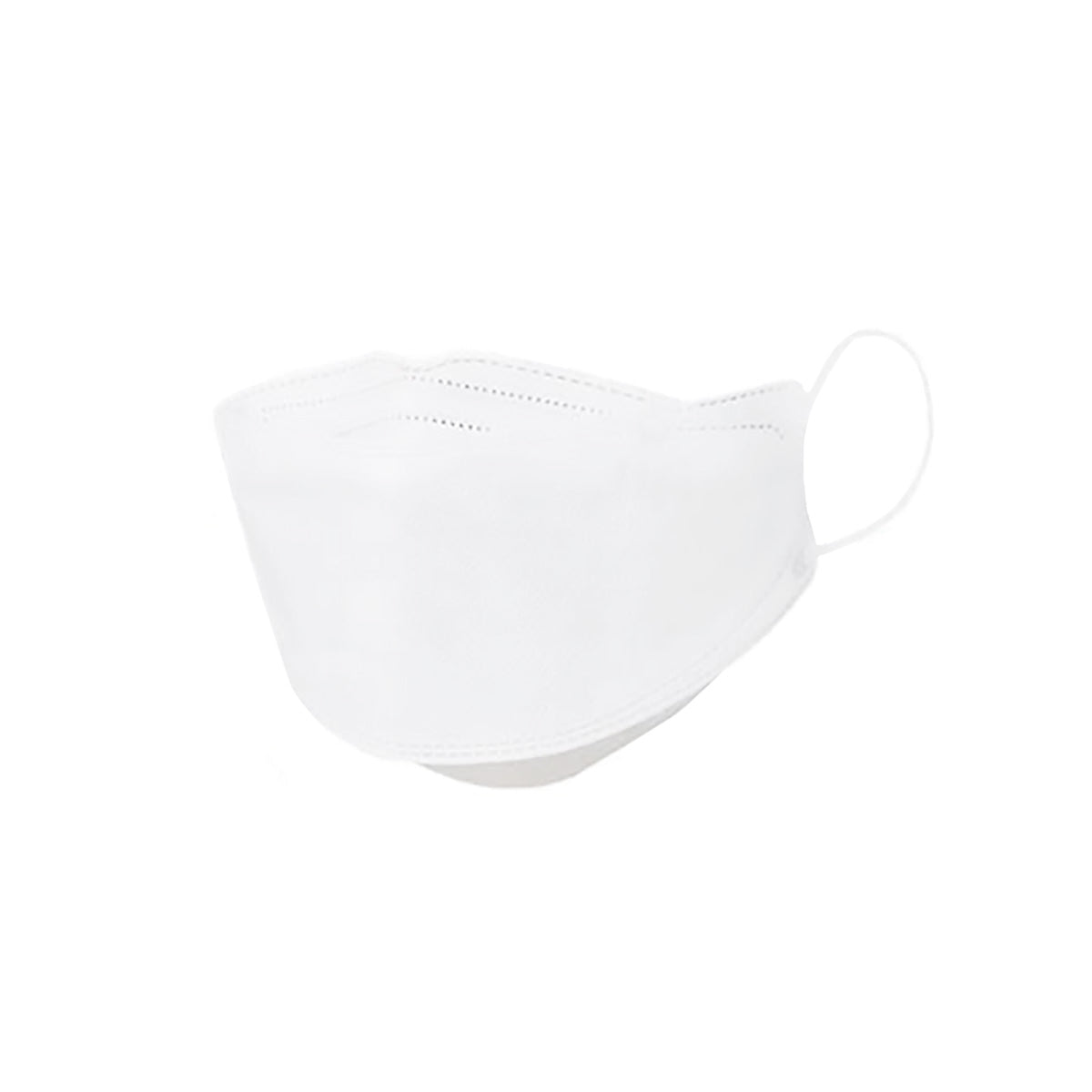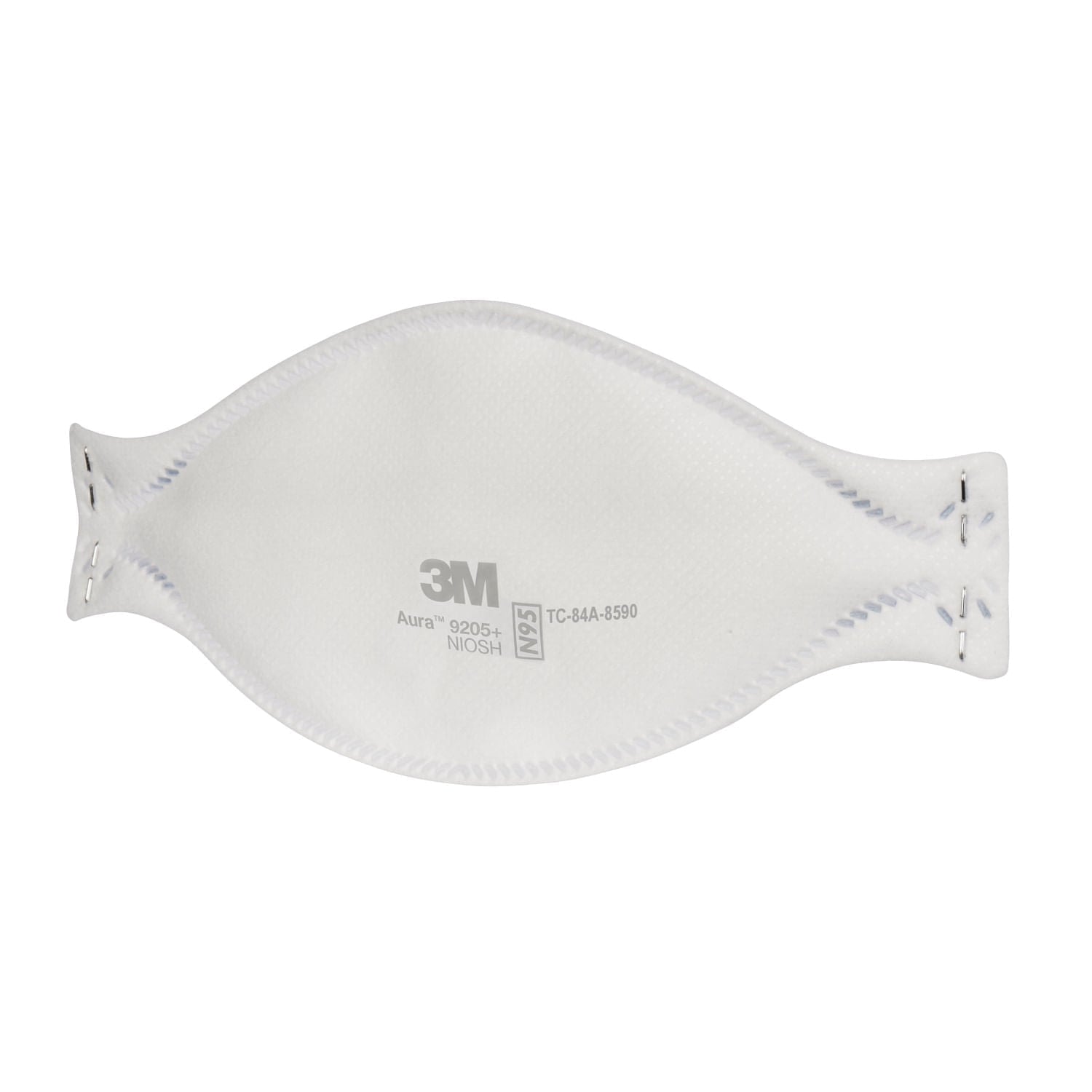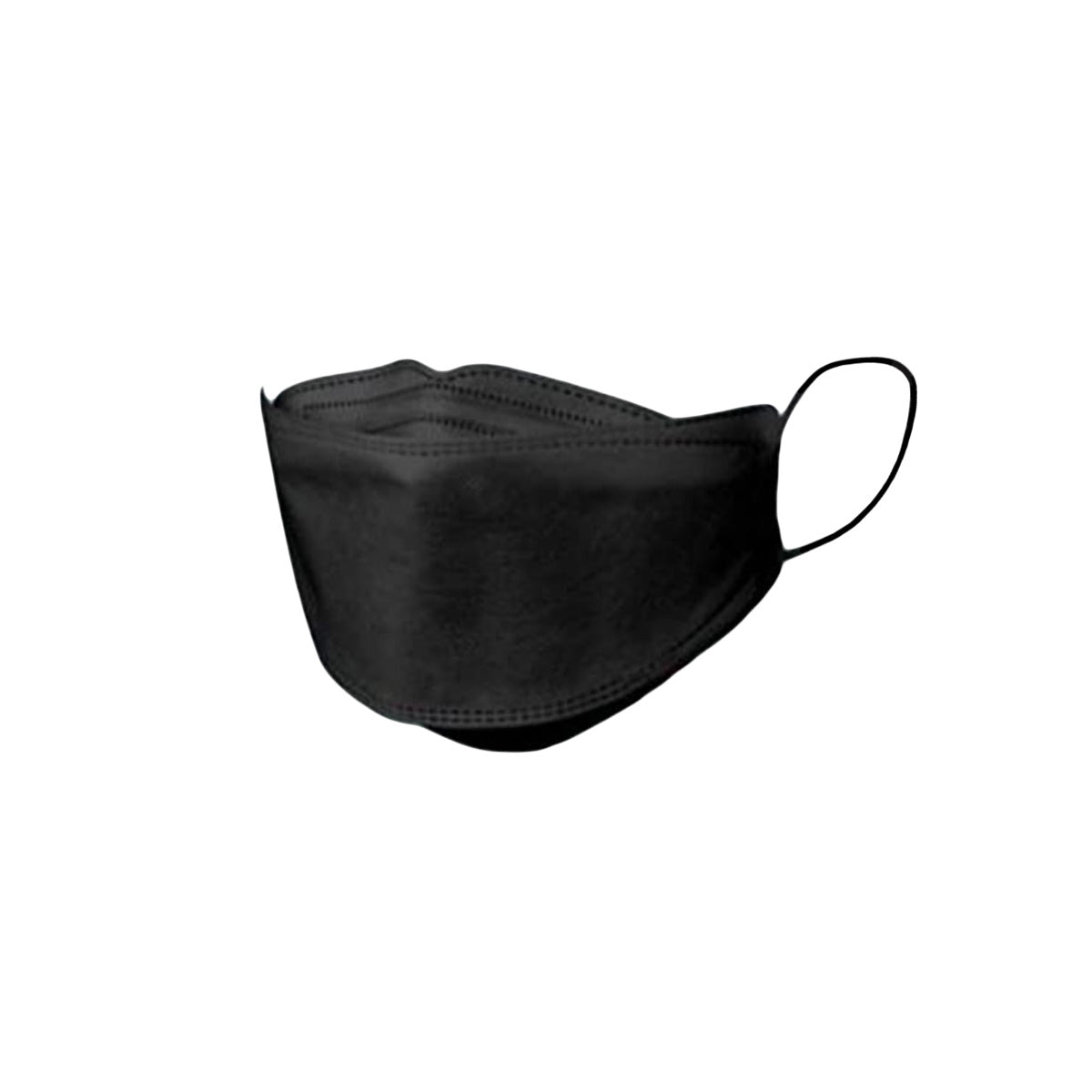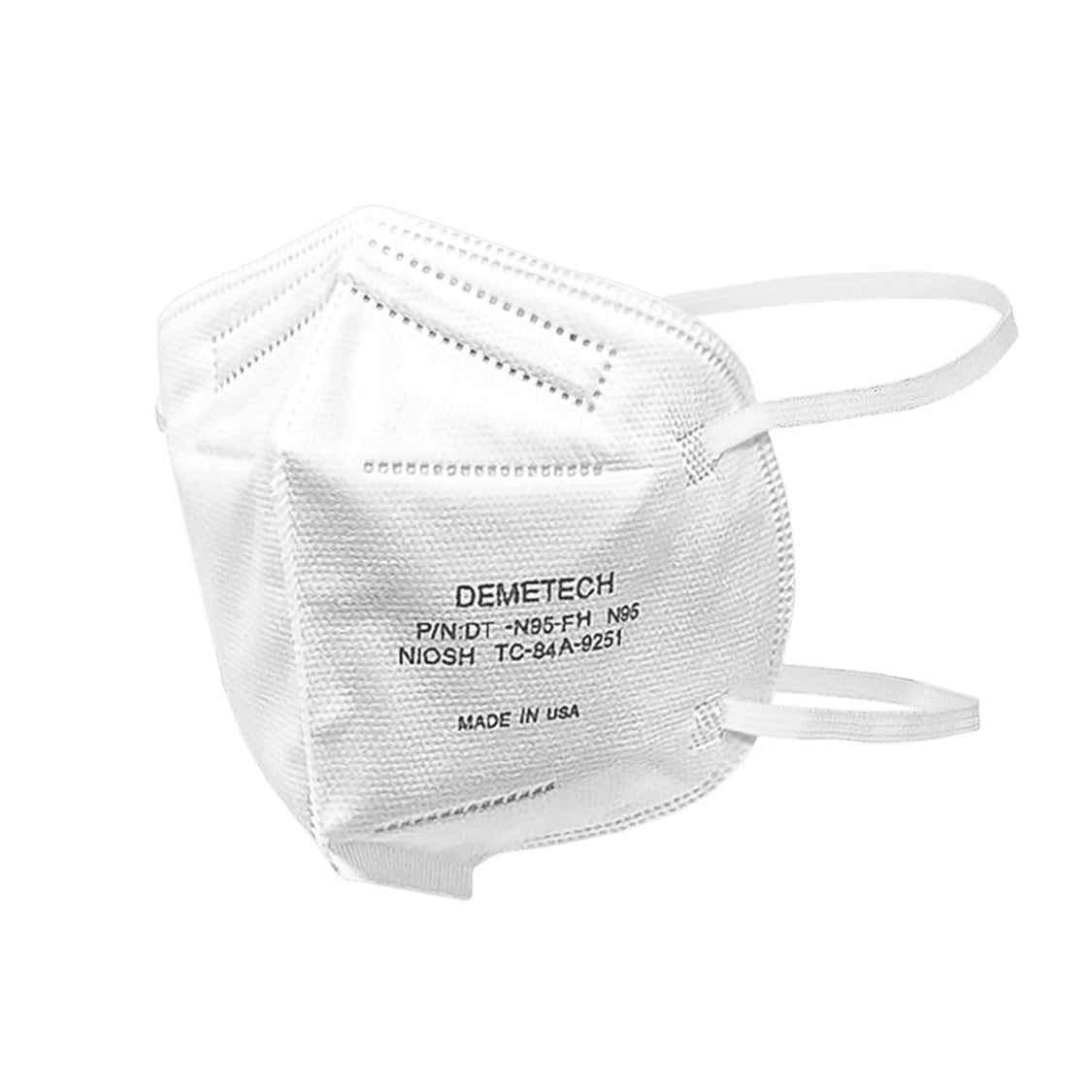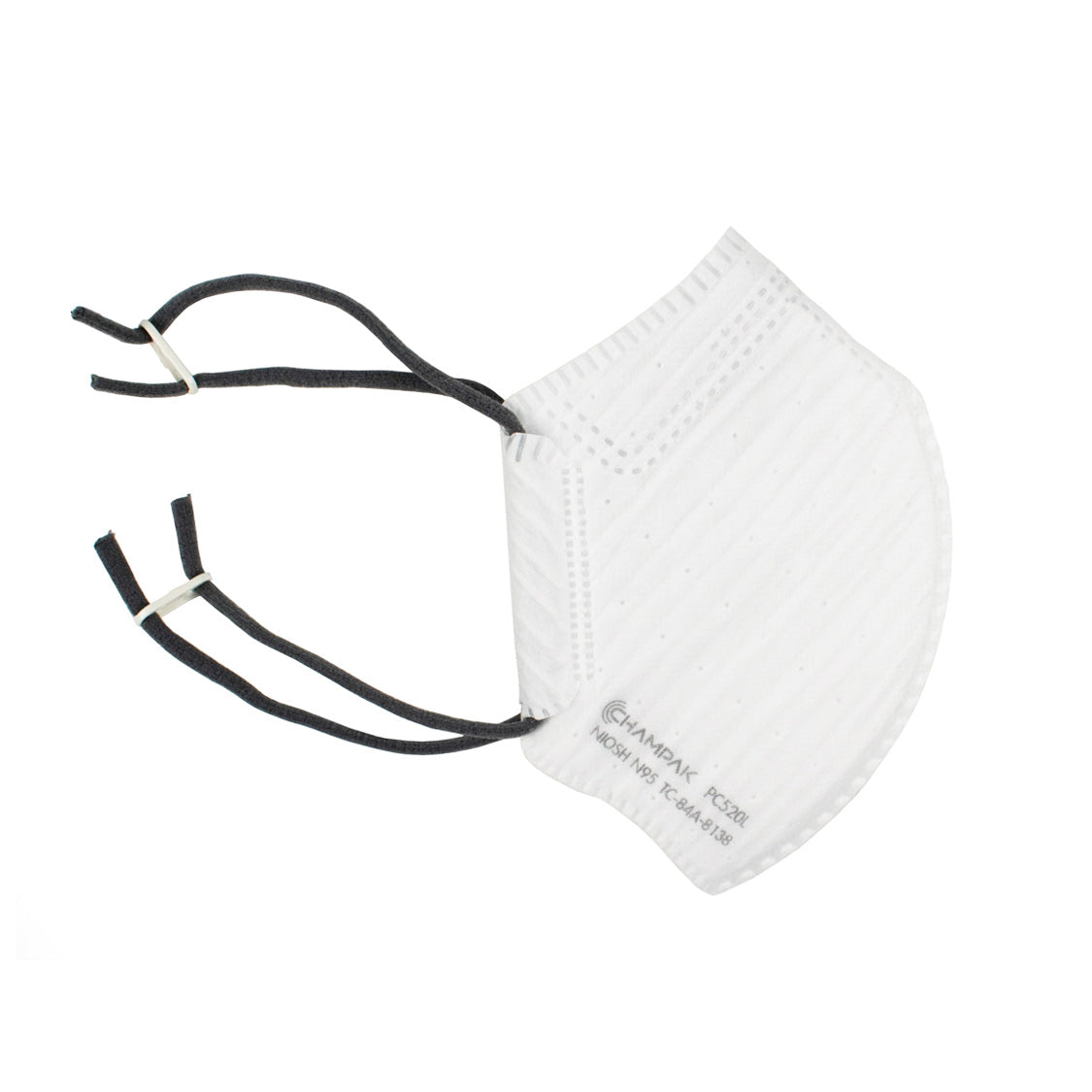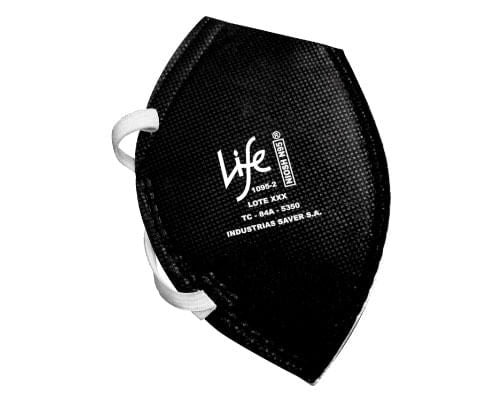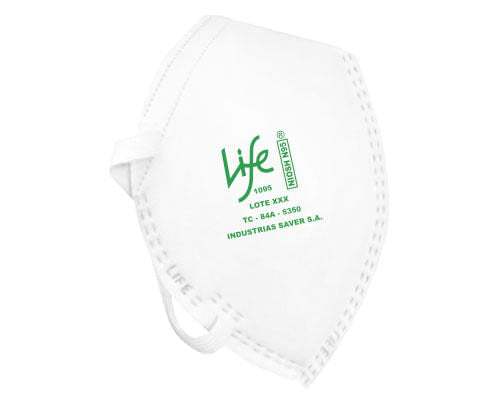THANK YOU.
At the beginning of the COVID-19 pandemic, reliable masks and other equipment were scarce. As supply chains broke down, shipments of desperately needed masks were diverted, and counterfeit PPE flooded the market, Project N95 stepped into the breach to help protect frontline workers. We vetted, sold, and donated more than 42 million pieces of life-saving equipment. You helped us do it. It has been our honor to serve during this moment in history. Thank you for being a part of our journey.
To help you access highly-protective, authentic masks, we have maintained a list of products that we previously vetted. Each item has a link to a third-party website—not controlled or operated by Project N95—where you can purchase these products. These links are current as of January 31st, 2024.
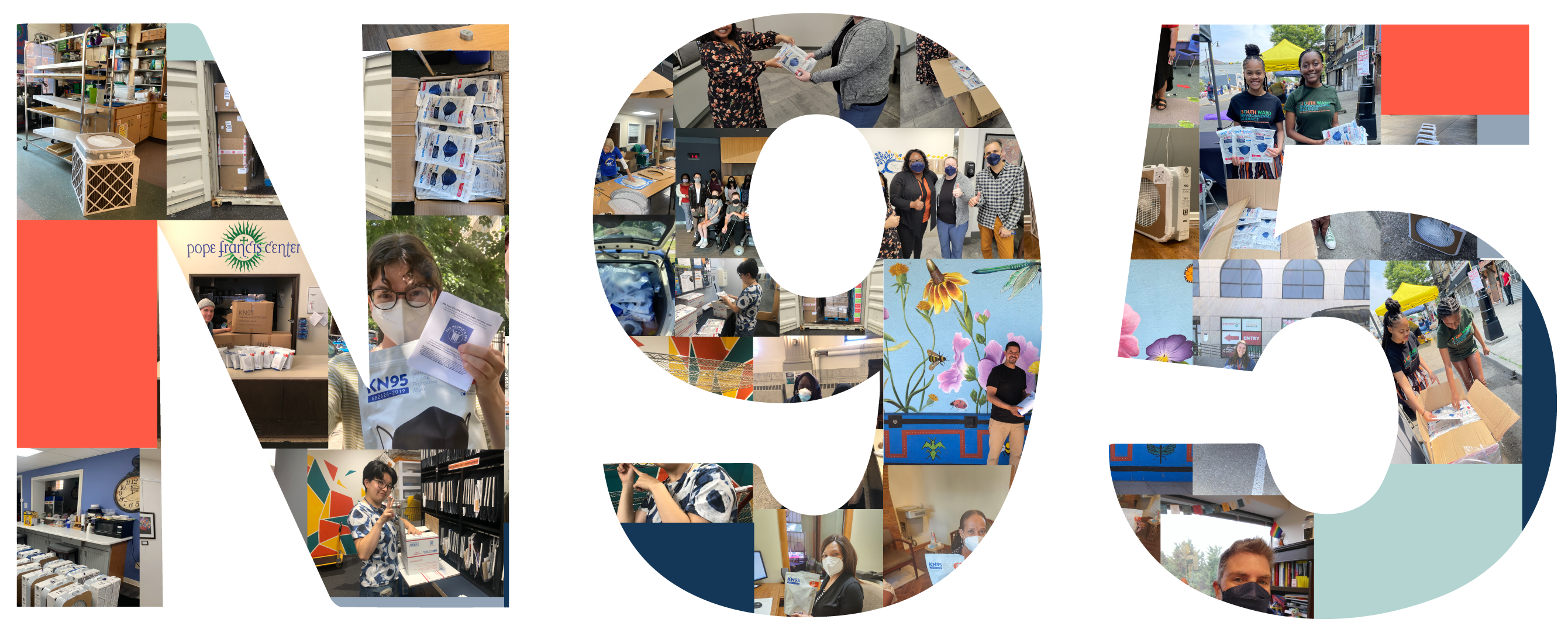
Whom did we help?
Project N95 has been a huge help to me and my household. They put my mind at ease that the masks I use are quality and will protect me. So glad I found them!
—� Naomi
Atlanta, GA
Thank you for the assistance! I received the masks over the weekend, and they fit quite well. I hadn't expected to get them as fast, but I am glad since I could wear them out.
— S.J.
Austell, GA
Project N95 has been a huge lifesaver. Due to health issues from Long COVID, I am unable to work anymore, which means I can't afford to buy masks. However, due to my health issues, masks are a necessity I cannot simply go without. The masks donated by Project N95 are protecting me from health complications and potential hospitalization. I cannot emphasize how grateful I am or how important their work is.
— L.S.
Tulsa, OK
This program has been a huge help for me as I have been struggling to find a job for months and cannot afford to buy high quality N95 masks to keep myself safe. Learning about this program has been an absolute godsend for me and my friends, who I have shared with as well. Thank you for making N95 masks accessible to so many people. I know so many people appreciate it so much. Keep doing the good work!
— Jean
Pittsburgh, PA
Michigan United has committed to expanding access to COVID-19 support resources, vaccine education, and vaccines to BIPOC, immigrant, low-income, and working families across Michigan. With the continued support of partners like the FXB Center for Health and Human Rights and Project N95, we look forward to making virus mitigation a component of our outreach efforts in the diverse communities we serve across Michigan.
— Michigan United
Thanks to Project N95, not only has mask distribution helped reduce the local spread of COVID-19 in Latino and poor communities, but have also helped reduce pesticide exposure to those surrounded by agricultural lands, to farmworkers during wild fire season, and to those with respiratory health conditions during poor air quality days.
— Bianca G. Lopez
Co-Founder/Project Director
Valley Improvement Projects (VIP)
In the news
